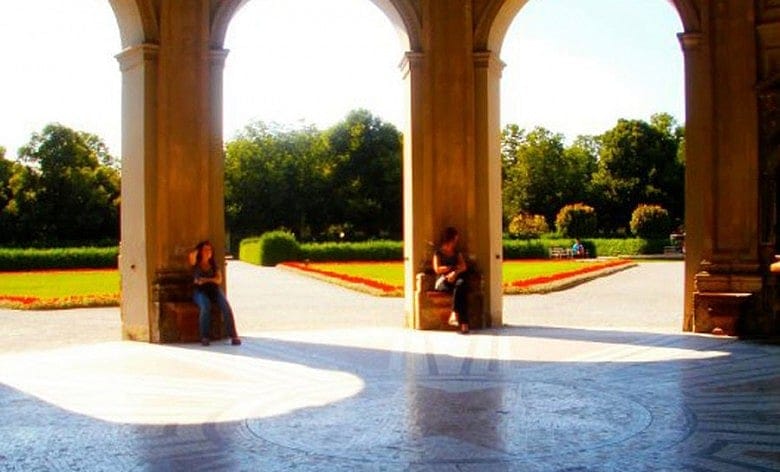Ethics of the road

When I got to Munich, my first thought was that I needed cash. Stepping out of the airport at midday, I met sun too bright to comfortably keep my eyes open and felt the heaviness of switching from the U.S. time zone, now six hours behind. I found a row of conveniently numerous bright yellow ATMs, so I stepped up to the closest one and reached into my purse. Deciding which slot of the machine to insert my debit card, I hesitated. That's when I heard an Australian accent directed at me: "That's not what this is." I watched as this person slid three stamped envelopes into the identical yellow 'machine' next to mine. Apparently, Australians travel a lot — I met several right away.
Traveling has taught me many things. I am not unaccustomed to moments of feeling very suddenly conspicuous and I can now discern when a situation will allow for an apologetic laugh, versus when it's best to hightail it. I've learned how to handle myself, despite myself. Before I left for Germany, I had a conversation with a friend about recreational travel, and the way people do it — quickly through as many cities as possible — and the implications of consuming countries and "experiences" like ready-made meals that are easily digested and remembered for their usefulness as conversation pieces later. In that case, I have enough anecdotal currency to entertain many dinner parties at my own expense — well, sort of. Because then again, the point of these "self-deprecating" tales somehow still comes down to: "When I was in Munich … (Translation: I've been to Munich, and to fill in the blank, blank, blank and blank for that matter) But enough about me, what about you? Travel much?"

